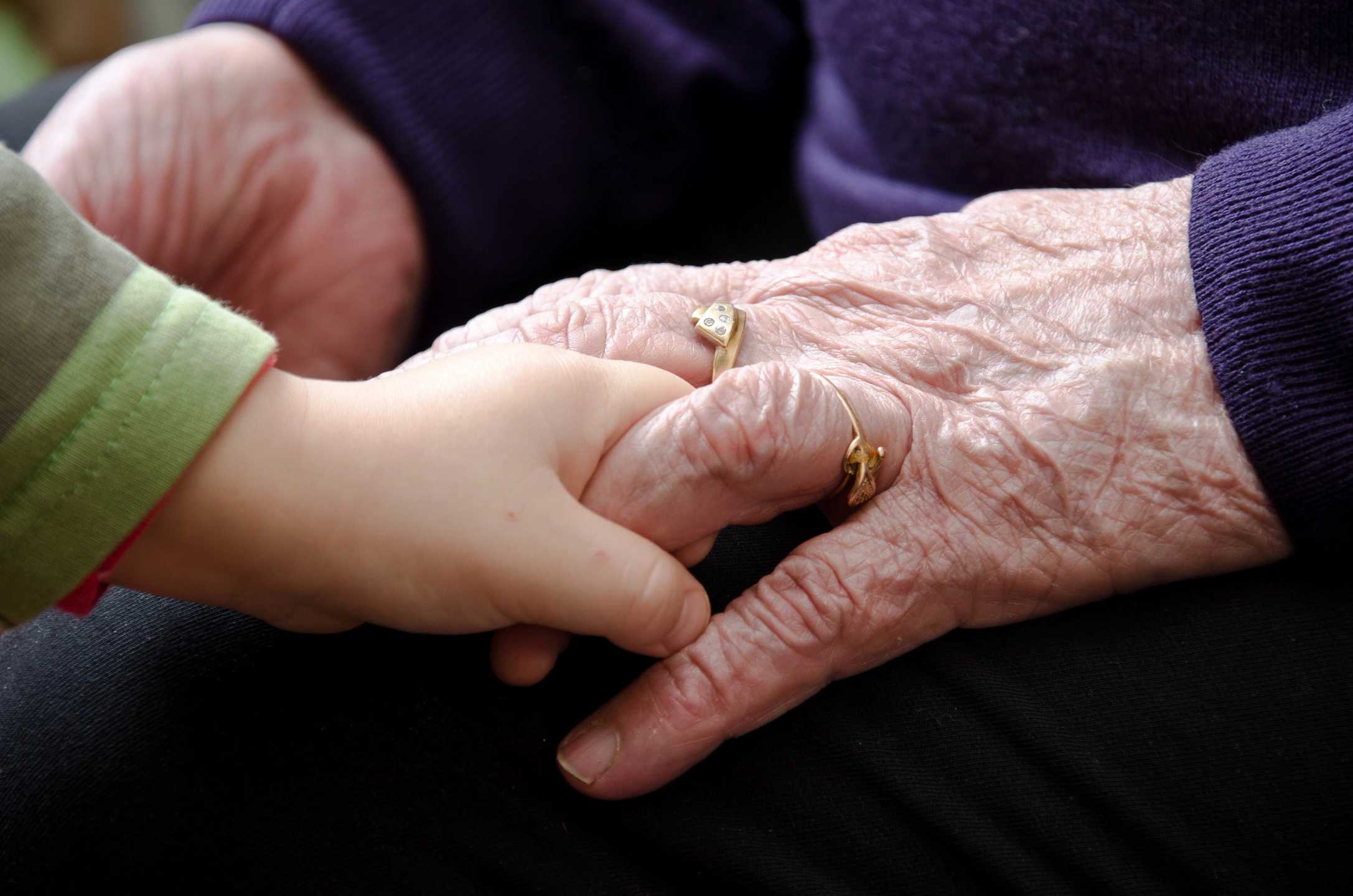We are often defined by the perception of others. Friends, family, and sometimes foes, give us nicknames throughout our lives. Sometimes we choose one for ourselves. I don’t know of too many people who haven’t been christened with one nickname or another in their lifetime.
Nicknames come in a variety of sizes and shapes. They may be derivations of our given names, like “Johnny” for someone named Johnathan, for instance. Sometimes, our nicknames come from things we do, or ways we act around others, or how we look. Nicknames can range from sweet and endearing to downright cruel and rude. Many of them are given to us in our youth. Happily, most go by the wayside, but some remain with us into adulthood. If we consider the various nicknames we have had in our lifetime, perhaps we will see new tales to be told.
I can think of seven nicknames I have been given, only two of which continue to this day. My father had two nicknames for me–“Punkin” and “#3.” The first was probably because I was such a roly-poly baby, but the second was simply for his own ease, as he also would refer to my older sisters as, “#1” and “#2.” In elementary school, classmates shortened my name to “Mars,” but then turned it into a sing-song nickname, “Mars Candy Bars.” (I guess I was a chocolate lover even then.) I had two nicknames in middle school–“Pinky,” because I wore pink almost every day (my signature color), and “Hairy,” a name given to me by my teachers and principal because I often wore my bangs so long they couldn’t see my eyes. (It was 1964. Think, the Beatles.) In fact, the principal called me into his office for a lecture on my hair, the one and only time I was ever sent to the principal’s office!
The other two nicknames remain with me to this day. The first is a sweet name my big sister gave me, “Marilee,” a blend of my first and middle names. The other nickname, “Mare,” a derivation of the first syllable of my name, was first used by my husband-to-be when we were dating. It has been used by friends and family members ever since.
What tales do your nicknames tell about you?
